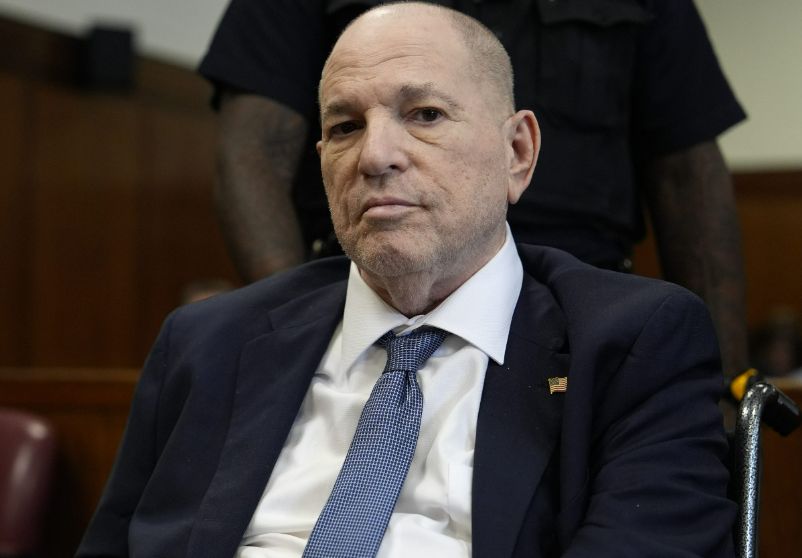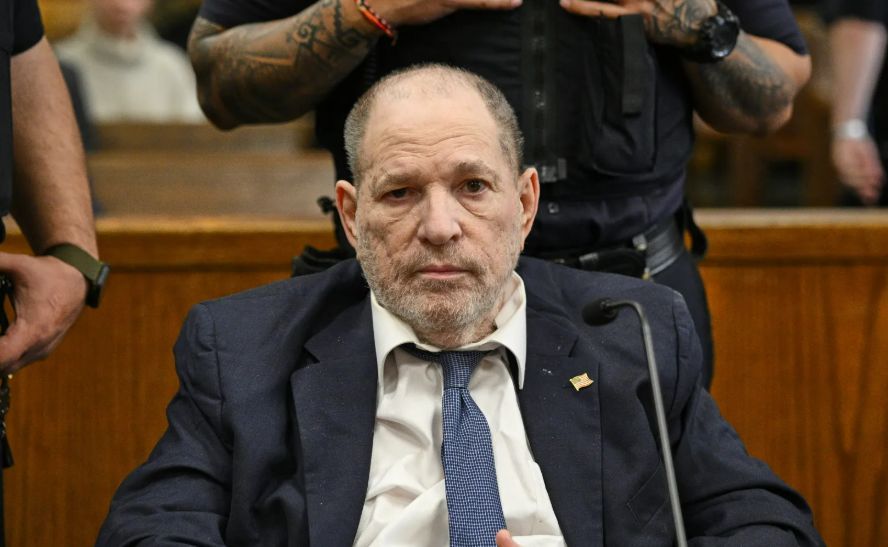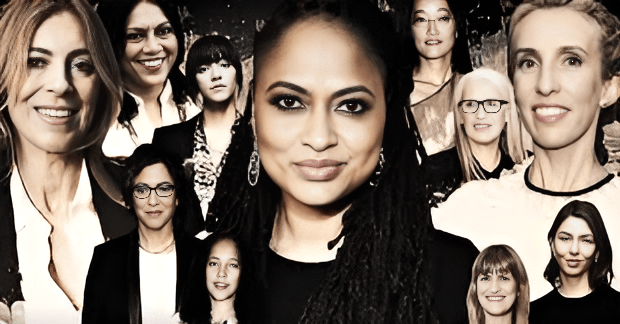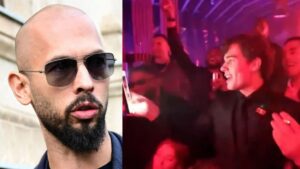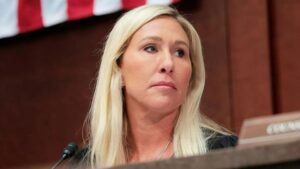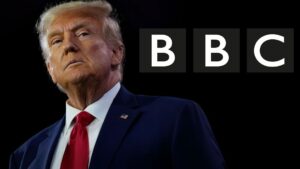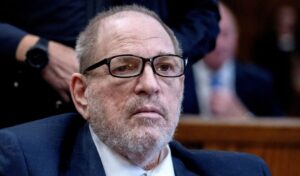Weinstein fights for his innocence
Harvey Weinstein’s Last Stand: Retrial, Prison Agony, and a Bombshell Interview from Behind Bars. The name Harvey Weinstein once commanded fear and reverence in equal measure. The co-founder of Miramax and The Weinstein Company wasn’t just a producer; he was a kingmaker, an Oscar-bloated titan whose power seemed unassailable. That shattered in October 2017, when explosive investigations by The New York Times and The New Yorker exposed decades of alleged sexual predation, assault, and rape, igniting the global #MeToo movement. Weinstein became the face of Hollywood’s dark underbelly – accused by scores of women, including A-list actresses, of leveraging his immense power to coerce and violate. His swift downfall was cinematic: arrested in New York in May 2018, tried, convicted in February 2020, and sentenced to 23 years for rape and criminal sexual act. Simultaneously, he faced charges in California. Overnight, Weinstein was stripped of his accolades, expelled from the Academy, and utterly blacklisted from Hollywood, a pariah whose legacy was irrevocably tarnished by allegations of unspeakable acts.
But the saga is far from over. From the confines of prison, a physically diminished Weinstein wages a relentless battle, not just for freedom, but for a narrative of innocence, even as his health reportedly crumbles.
A Frail Figure Fighting the Tide: Health and Hope in Prison
Weinstein’s existence behind bars paints a starkly different picture from the brash mogul of yesteryear. Now 72, his lawyers and observers describe a man ravaged by illness. Incarcerated at the Mohawk Correctional Facility in upstate New York before his retrial and also serving a separate 16-year sentence in California, Weinstein reportedly relies heavily on a walker. He contends with a litany of health issues: severe cardiac problems, diabetes, sleep apnea, and significant vision impairment following eye surgery. His physical frailty is undeniable, a constant backdrop to his legal struggles. Yet, amid this decline, a flicker of hope emerged in April 2024 when New York’s highest court delivered a seismic ruling. The court overturned his 2020 conviction, citing a critical error: the trial judge’s decision to allow testimony from women about alleged assaults that were not part of the actual charges, potentially prejudicing the jury. This ruling didn’t declare Weinstein innocent, but it threw him a lifeline – the chance for a retrial and the possibility, however slim, of overturning the New York sentence that formed a cornerstone of his imprisonment. This legal victory, albeit procedural, became fuel for his ongoing fight, with his team vigorously proclaiming his innocence and preparing for the next round.
The Retrial Looms: New York’s High-Stakes Do-Over
The path to the retrial, now scheduled for after Labor Day 2025, is fraught with complexity and high drama. Manhattan prosecutors, led by District Attorney Alvin Bragg, have vowed to retry the case, focusing again on the allegations of forced oral sex on production assistant Mimi Haleyi in 2006 and the third-degree rape of aspiring actress Jessica Mann in 2013. However, the overturned conviction significantly changes the landscape. Crucially, the new trial judge will face strict limitations on allowing “prior bad acts” testimony – the very evidence the appeals court deemed improperly admitted before. This poses a substantial challenge for the prosecution, potentially weakening their ability to establish Weinstein’s alleged pattern of predatory behavior. Defense attorneys, led by Arthur Aidala, are emboldened, framing the retrial as a chance for a fairer process stripped of inflammatory, uncharged accusations. In a pivotal strategic decision, Weinstein recently confirmed he will not testify in his own defense during the retrial. This move, while common in high-profile cases to avoid grueling cross-examination, leaves the defense reliant on dismantling the prosecution’s case and witness credibility without their client taking the stand. The outcome remains deeply uncertain, with the #MeToo movement watching intensely, fearing any perceived rollback of its hard-won accountability.
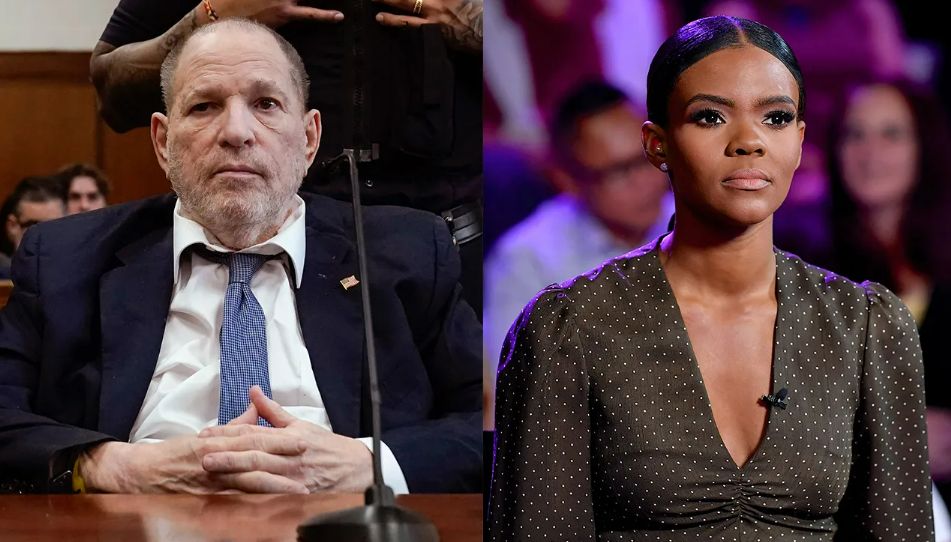
Breaking Silence: The Candace Owens Interview and the “Set Up” Claim
Adding a volatile new dimension to the narrative, Weinstein broke years of public silence in a manner few anticipated. In a move that shocked observers and survivors alike, he granted his first major interview since his arrest to conservative commentator Candace Owens, broadcast on her popular YouTube channel. Conducted via video link from prison, the footage showed a frail Weinstein, clad in a prison uniform, leaning heavily on his walker. The interview became a platform for Weinstein’s most direct and detailed public proclamation of innocence to date.
Weinstein vehemently denied ever committing non-consensual acts. He acknowledged being a deeply flawed individual – describing himself as “a sleazy guy” and admitting to infidelity against his wife – but drew a firm line. “I was a cheating husband, I was arrogant, I made terrible mistakes… but I never assaulted any women,” he insisted to Owens. His core argument centered on the claim that he was “set up” by a confluence of forces: ambitious actresses, rivals within Hollywood eager to see him fall, and a media frenzy fueled by the burgeoning #MeToo movement. He portrayed his encounters as consensual, albeit morally questionable within the context of his marriages, and suggested the allegations were retroactively weaponized amid a cultural shift he couldn’t foresee. He specifically referenced the overturned conviction as evidence of an unfair process.
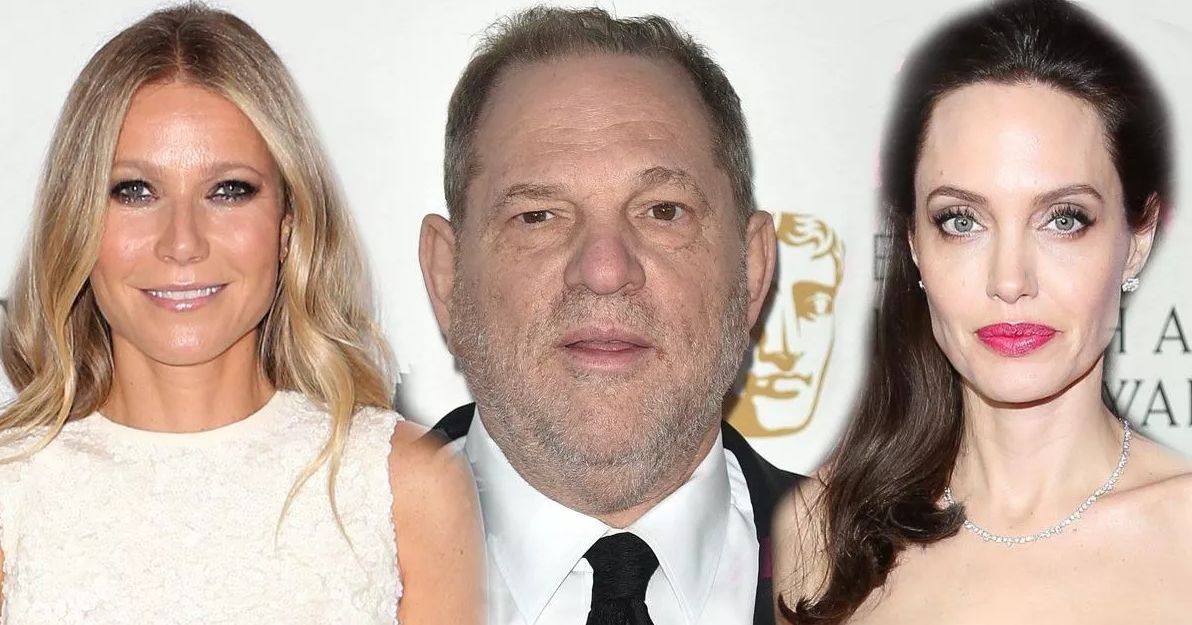
The interview ignited immediate controversy. Survivors and advocates condemned it as a manipulative ploy to sway public opinion ahead of the retrial, leveraging a sympathetic platform. Owens, known for her critiques of #MeToo, provided Weinstein a largely unchallenged forum to air his grievances. His claims of being “set up” were met with widespread skepticism and anger from those who see his original conviction, despite being overturned on procedural grounds, as validation of the victims’ testimonies. Nevertheless, the interview undeniably thrust Weinstein’s professed innocence back into the public eye, complicating the narrative just months before his return to court.
The Long Shadow and the Uncertain Future
As Harvey Weinstein prepares for his retrial, the stakes could not be higher. A conviction would reaffirm the New York sentence, ensuring he remains imprisoned well into old age, even alongside his separate California term. An acquittal, while unlikely to free him due to the California conviction, would be a devastating symbolic blow to the #MeToo movement and the women who risked everything to testify. His health adds a layer of morbid urgency; his legal team frequently raises concerns about whether he can survive his sentences.
Weinstein’s journey from the pinnacle of Hollywood to a prison cell reliant on a walker, fighting for a sliver of vindication, remains one of the most dramatic falls from grace in modern history. His retrial isn’t just about one man’s guilt or innocence in the eyes of New York law; it’s a tense referendum on a cultural reckoning that continues to reverberate. Whether seen as a monstrous predator finally facing justice or a vilified man claiming to be a casualty of a movement, Harvey Weinstein’s story is far from its final chapter. The courtroom in Manhattan this fall will write the next pivotal page, under the watchful eyes of the world. Learn more about the legal precedents shaping this case from respected sources like the American Bar Association. For background on the #MeToo movement’s global impact, resources like the National Women’s Law Center offer valuable context. Follow the official court proceedings via the New York State Unified Court System.


